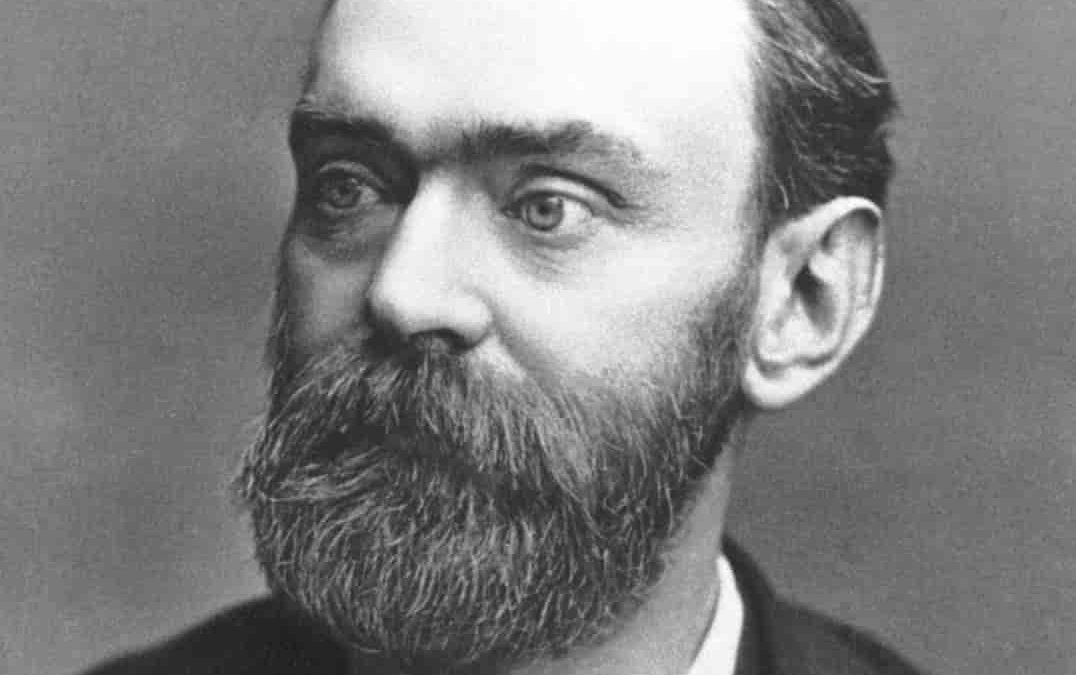By Rebecca van Noppen
(This is the second of three blogs that consider legacy and what we leave behind.)
“The Merchant of Death is Dead”
In 1888, Ludvig Nobel passed away. Unbeknownst to the French newspaper writers at the time, this obituary would set off a chain reaction that would change one man’s life and consequently the world.
How do you want to be remembered? What are you leaving behind?
Dynamite was developed in the year 1867, the same year Canada became a country.
In 1901, the first Nobel Prizes for outstanding achievements in science, medicine, and literature were first awarded in Stockholm, Sweden, and the peace prize was also awarded in Kristiania (now Oslo), Norway.
Dynamite and the Nobel Prizes have something very interesting in common, namely their developer and creator, Alfred Nobel (1833-1896), a swedish munitions manufacturer.
Alfred was Ludvig’s brother.
And on the day of Ludvig’s death, the french newspaper editors thought Alfred had died.
“The Merchant of Death is Dead”
When Alfred read his obituary in the newspaper that day he had the chance to experience what few experience: reading his obituary before he died. And the newspaper described him as the man who made it possible to kill more people more quickly than anyone else before him. That was how he was going to be remembered, and that is exactly how he didn’t want to be remembered.
It was because of that obituary that Alfred Nobel changed his life. He didn’t want to be known for killing people, so consequently he left most of his fortune to the Nobel prizes upon his death. Many people have heard of the Nobel prizes, but interestingly, many do not know who developed dynamite.
Reading his own obituary had such an impact, it forced a change of action and focus in his life, and it can do the same for us today.
Writing your end-of-life story
As part of your own journey to understanding legacy and purpose, and what you will be remembered for and leave behind (you can read last week’s blog), take some time and craft your own obituary.
Here are some questions that may help.
- What do you want people to remember about you? Include your accomplishments, but also your character qualities and important relationships.
- What do you want to spend your time doing, now and ten years from now? Now think further out by 20, 30, 40 years.
- What goals and dreams do you have that you want to accomplish?
- Are you living in such a way today, that you will be remembered for the person you hope to be?
God tells us in the book of James that we are mist that appears for a little while and then vanishes. We may have less time than we think to make a difference or become the person we dream of being. Thankfully, we have God’s word, and stories like Alfred Nobel that inspire and direct us, and make us think about how we want to be remembered.
(For further reading go to http://www.chabad.org/library/article_cdo/aid/271383/jewish/The-Man-who-Changed-his-Life.htm)

